📅🗂️ March 31, 2025 – IRS Electronic Filing Deadline for Miscellaneous Payers
Entities like government agencies, health coverage administrators, and payment platforms must electronically file these 1099 forms with the IRS by March 31, 2025.
The paper deadline was February 28, 2025.
These forms help the IRS track government benefits, health credit payments, and income earned via digital platforms or merchant transactions.
🧾 Form 1099-G – Certain Government Payments
🔍 What is it?
Used by government agencies to report payments such as:
Unemployment compensation
State or local income tax refunds
Agricultural payments
Grants or subsidies
🏛️ Who files it?
Federal, state, or local government agencies.
📥 What information does it include?
Payment recipient
Type and amount of payment
Whether the payment is taxable
💡 Why it matters:
Recipients must report this income on their tax returns. For example, unemployment income is taxable, and state tax refunds may be taxable if the recipient itemized deductions in the prior year.
🧾 Form 1099-H – Advance Payments of the Health Coverage Tax Credit (HCTC)
🔍 What is it?
Reports advance payments of the Health Coverage Tax Credit (HCTC), made on behalf of eligible individuals to health insurance providers.
🏥 Who files it?
Health plan administrators receiving advance monthly payments from the IRS on behalf of participants.
📥 What information does it include?
Amount of premiums paid
Months of coverage
Beneficiary information
💡 Why it matters:
The IRS uses this form to reconcile advance HCTC payments with what taxpayers are eligible to claim on their tax return.
🧾 Form 1099-K – Payment Card and Third-Party Network Transactions
🔍 What is it?
Reports gross payment transactions made to a payee through:
Payment cards (e.g., credit/debit cards)
Third-party networks (e.g., PayPal, Stripe, Venmo, eBay)
💳 Who files it?
Payment settlement entities, such as banks, merchant service providers, and third-party platforms.
📥 What information does it include?
Payee’s name and TIN
Total amount of transactions per month and for the year
Number of transactions
💡 Why it matters:
Form 1099-K helps the IRS track self-employment income, side business earnings, and sales via platforms.
For 2024 filings, the threshold remains $20,000 and 200 transactions, though lower thresholds may apply in some states and are set to change federally in coming years.

